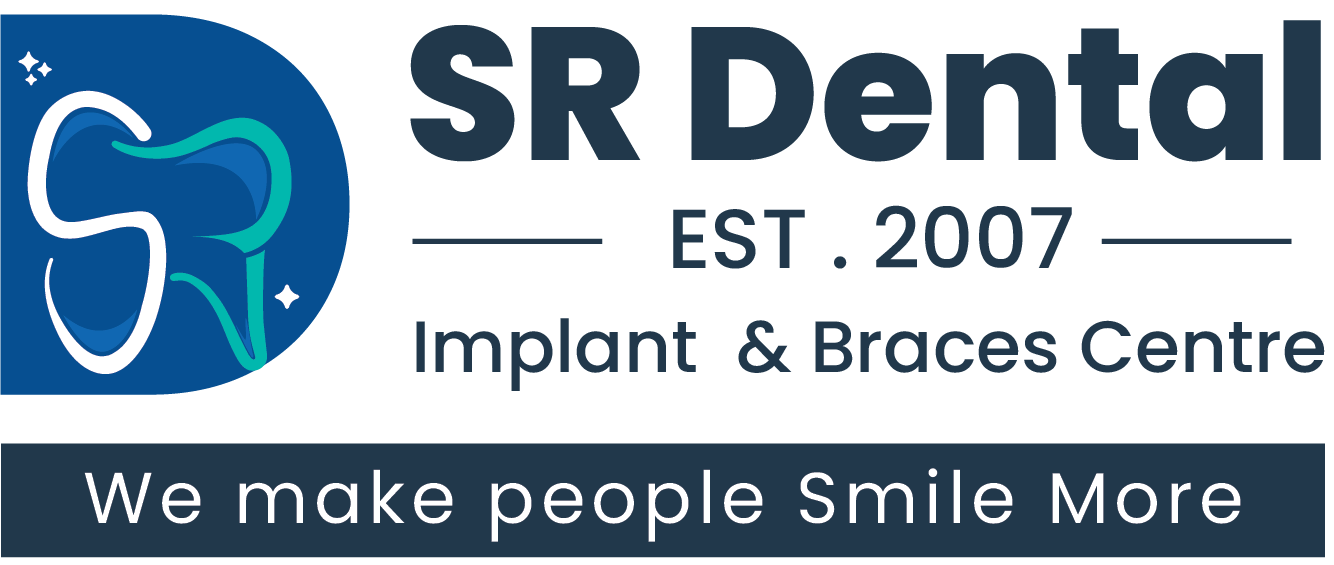Embarking on the journey of dental implant surgery can be both exciting and nerve-wracking. The decision to undergo dental implant surgery is a significant step towards restoring your smile and oral health. However, it’s essential to understand that the recovery process plays a crucial role in the success of your dental implants. In this comprehensive guide, we will delve into the key aspects of dental implant recovery, focusing specifically on the critical first 24 hours post-surgery.
Preparing for Surgery
Before undergoing dental implant surgery, adequate preparation is essential to ensure a smooth recovery process.
Here are some key steps to consider:
- Arrange for Transportation: Arrange for transportation to and from the dental clinic on the day of surgery. Driving immediately after surgery is not advisable due to the effects of anesthesia.
- Assistance During Recovery: Ensure that you have someone available to assist you during the initial recovery period. This could be a family member, friend, or caregiver who can provide support and assistance as needed.
Immediate Post-Surgery Period
Immediately after dental implant surgery, it’s crucial to take certain precautions to promote healing and minimize discomfort.
Here’s what to expect and how to manage the first 24 hours post-surgery:
- Temporary Effects of Anesthesia: It’s common to experience temporary amnesia or grogginess immediately after surgery due to the effects of anesthesia. Avoid making any significant decisions or judgments during this time and focus on rest and relaxation.
- Managing Pain and Discomfort: Some degree of swelling and discomfort is normal after dental implant surgery. Your dentist may prescribe painkillers and anti-inflammatories to manage pain effectively. Additionally, applying gentle cold compresses to the affected area can help alleviate swelling and discomfort.
- Soft Diet: Stick to a soft diet during the first 24 hours post-surgery to minimize irritation to the surgical site. Opt for easy-to-chew foods such as yogurt, mashed potatoes, and soup. Avoid hot or spicy foods that may cause discomfort.
- Hydration: It’s essential to stay hydrated after dental implant surgery. Drink plenty of water to promote healing and prevent dehydration. However, avoid using a straw during the first 24 hours, as the suction force can dislodge blood clots and impede the healing process.
- Oral Hygiene: While it’s important to maintain good oral hygiene, be gentle when brushing and flossing around the surgical site. Use a soft-bristled toothbrush and avoid vigorous brushing to prevent irritation or damage to the gums.
- Follow-Up Appointment: Schedule a follow-up appointment with your dentist to monitor your progress and address any concerns or questions you may have. Your dentist will assess the surgical site and provide further instructions for ongoing care.
Recovery Timeline
The recovery timeline for dental implant surgery varies from patient to patient and depends on factors such as the extent of the surgery, overall health, and adherence to post-operative care instructions. While some individuals may experience minimal discomfort and resume normal activities within a few days, others may require a longer recovery period. It’s essential to listen to your body and give yourself the time and rest needed for optimal healing.
Consultation and Continued Care
If you’re considering dental implants or have recently undergone dental implant surgery, it’s essential to consult with an experienced dentist who specializes in implant dentistry. A consultation allows you to discuss your treatment goals, address any concerns or questions you may have, and develop a personalized treatment plan tailored to your unique needs.
Additionally, continued care and maintenance are crucial for the long-term success of your dental implants. Follow your dentist’s recommendations for routine dental check-ups, professional cleanings, and ongoing oral hygiene practices to ensure the health and longevity of your implants.
Conclusion
In conclusion, the first 24 hours after dental implant surgery are critical for a successful recovery. By following the guidelines outlined in this comprehensive guide, you can minimize discomfort, promote healing, and set the stage for optimal outcomes. Remember to consult with your dentist for personalized advice and support throughout your implant journey. If you found this information helpful, feel free to share it with others who may benefit from it. For further inquiries or to schedule a consultation, please comment below or contact us directly our team of experienced dentists at SR Dental for personalized guidance and assistance. Your journey to a healthy, confident smile starts here.
To Know More, Comment Below! If You Found This Information Helpful, Do Share It with Others Seeking Information on Dental Implant Recovery.
